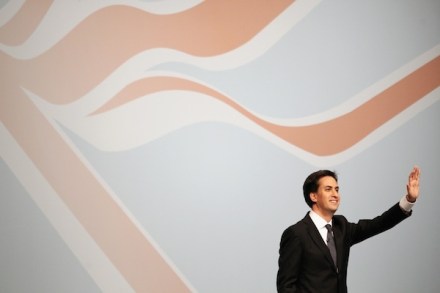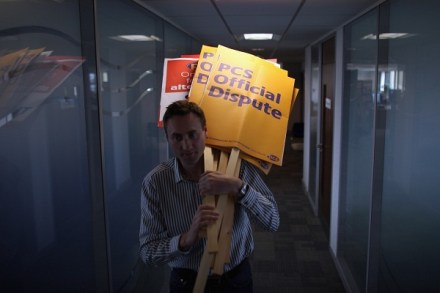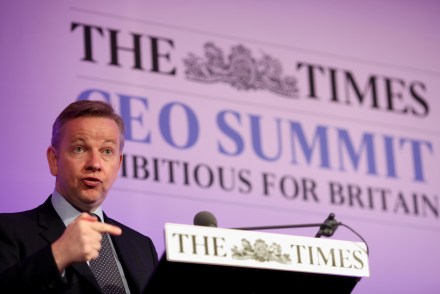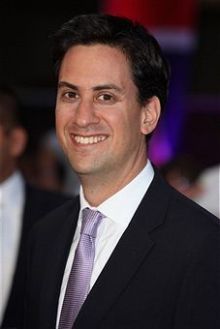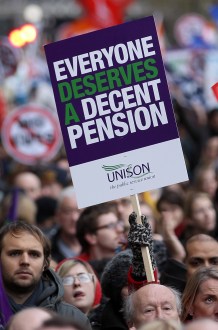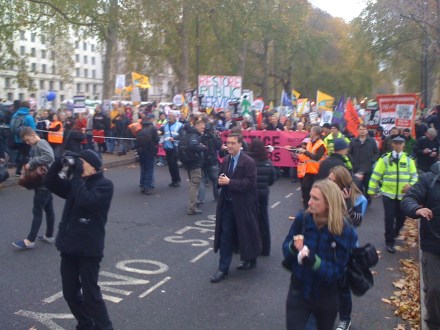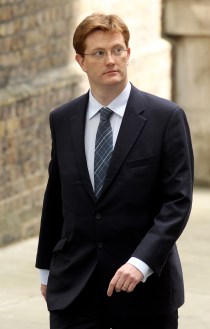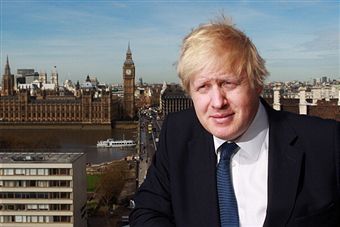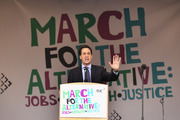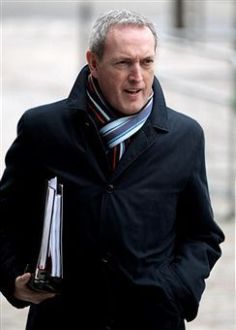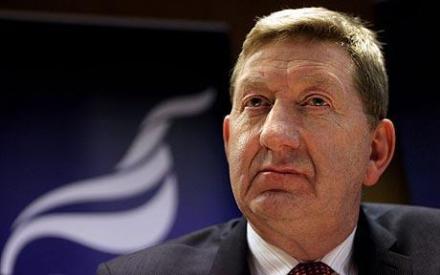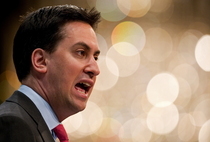Miliband’s union problems deepen
Ed Miliband must be livid. He has a sizeable lead in the polls, has taken ground on the economy and watches the government lurch from one self-authored disaster to the next. And then, and then, the trade unions engineer a very public row with the centrist think-tank Progress (which is funded by former Labour donor Lord Sainsbury) over the ‘soul’ of the Labour Party. Jackie Ashley observes in today’s Guardian that this silly spat has grown out of all proportion. Lord Mandelson was asked about it on the Andrew Marr Show yesterday, and he reiterated many of the points made by Denis MacShane in this Coffee House post of the
